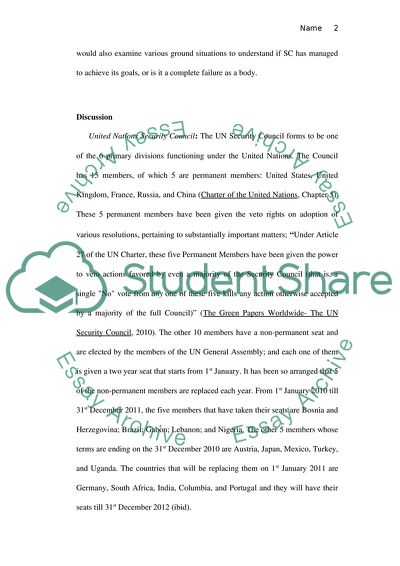Cite this document
(Security Council and the Crisis of the iInvasion of Kuwait Term Paper, n.d.)
Security Council and the Crisis of the iInvasion of Kuwait Term Paper. Retrieved from https://studentshare.org/history/1744925-security-council-and-the-crisis-of-the-invasion-of-kuwait
Security Council and the Crisis of the iInvasion of Kuwait Term Paper. Retrieved from https://studentshare.org/history/1744925-security-council-and-the-crisis-of-the-invasion-of-kuwait
(Security Council and the Crisis of the IInvasion of Kuwait Term Paper)
Security Council and the Crisis of the IInvasion of Kuwait Term Paper. https://studentshare.org/history/1744925-security-council-and-the-crisis-of-the-invasion-of-kuwait.
Security Council and the Crisis of the IInvasion of Kuwait Term Paper. https://studentshare.org/history/1744925-security-council-and-the-crisis-of-the-invasion-of-kuwait.
“Security Council and the Crisis of the IInvasion of Kuwait Term Paper”, n.d. https://studentshare.org/history/1744925-security-council-and-the-crisis-of-the-invasion-of-kuwait.


